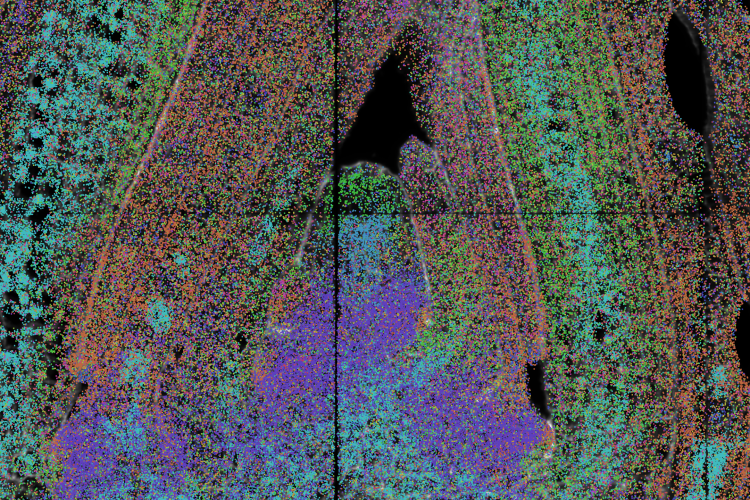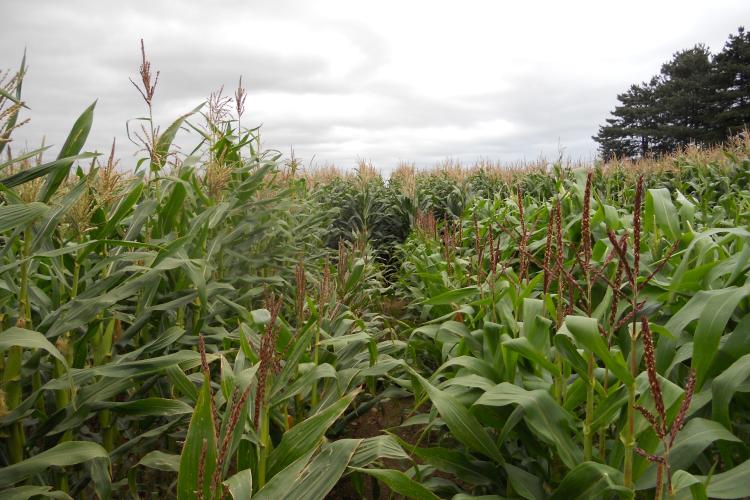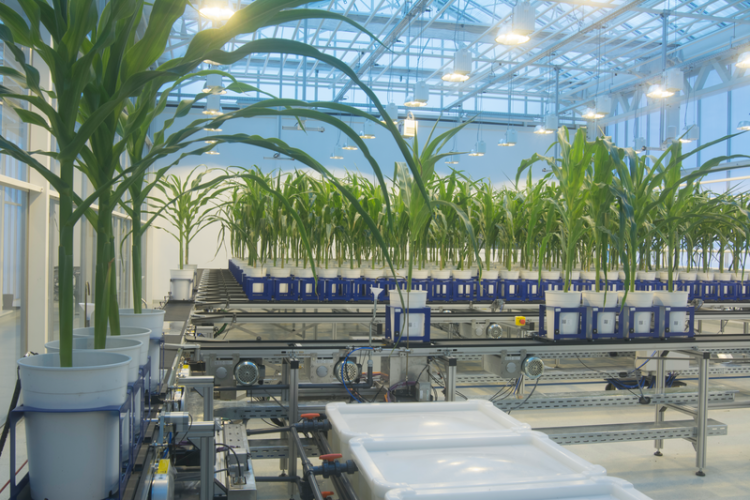Seynnaeve Stijn - Predoctoral fellow
Joined the group in 2022
As a passionate and aspiring scientist in the field of plant genetics and physiology, my academic journey began at Ghent University, where I pursued a Bachelor’s and Master’s in Biology, specializing in Functional Biology. My fascination with plant genetics was further enriched during an exchange program at Yonsei University in South Korea, where I delved into biotechnology and honed my communication and self-management skills.
Throughout my education, I have developed a robust foundation in plant physiology, development, biotechnology, and genetics. I’ve acquired practical laboratory skills, including PCR, gel electrophoresis, in situ hybridization, and Sanger sequencing preparation. Additionally, I’ve gained proficiency in Python programming, statistics, and academic writing.
The pursuit of a PhD is the natural progression of my academic and research aspirations. It presents an opportunity to build upon my master’s dissertation and delve into the complexities of GRFs and TCPs. I am particularly excited about the potential applications of AI in plant genetics and am eager to learn and apply these cutting-edge techniques.
My ultimate goal is to bridge the gap between molecular knowledge and crop trait improvement. With the world facing the challenges of climate change and a growing population, I am motivated to contribute to the development of crops that are resilient and sustainable. I am grateful for the opportunities that have shaped my academic path and am committed to using my skills for the betterment of agriculture and society.


